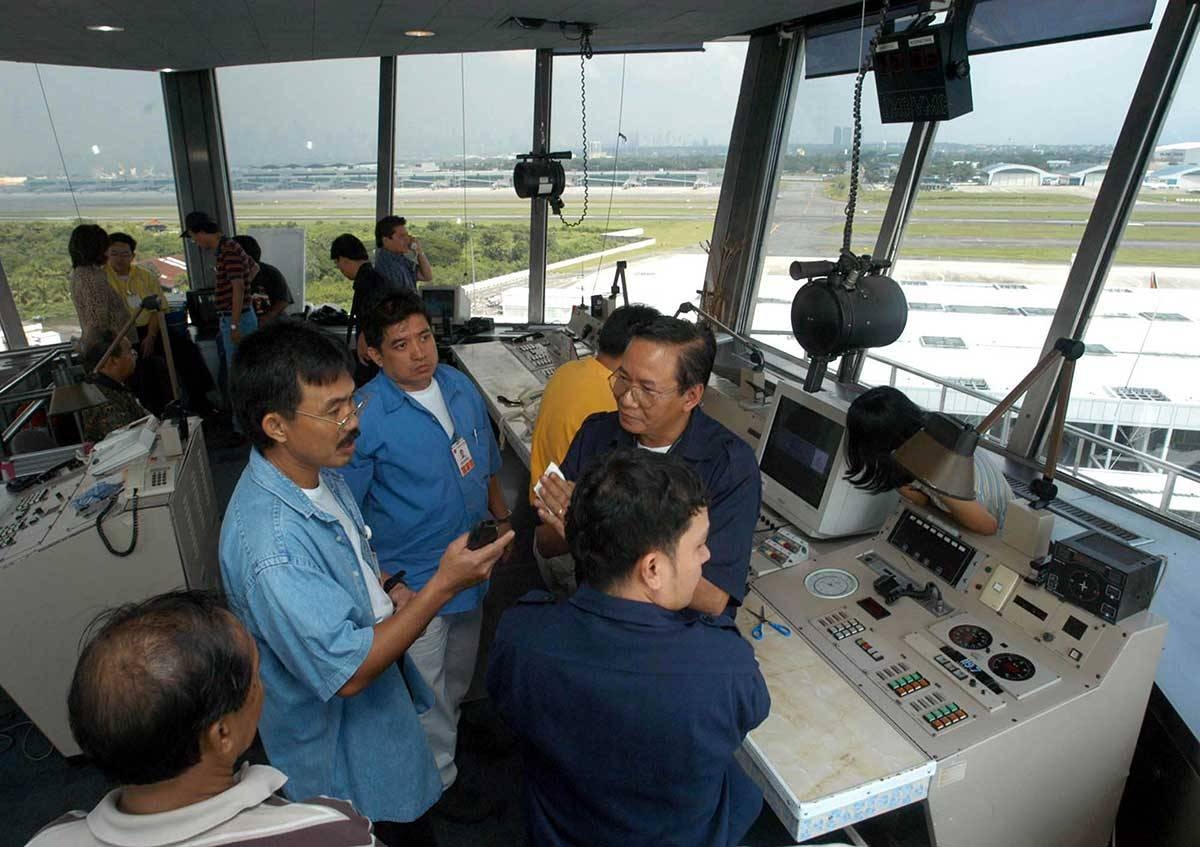The Magna Carta for Aviation Workers in the Philippines
The Magna Carta for aviation workers in the Philippines is a significant step towards ensuring the protection and welfare of those employed in the aviation sector. This proposed bill recognizes the unique challenges faced by aviation professionals and aims to establish a comprehensive framework that safeguards their rights and working conditions.
Minimum Standards for Employment Contracts
One of the key provisions of the Magna Carta is the establishment of minimum standards for employment contracts in the aviation industry. This includes provisions for fair wages, working hours, and benefits. By setting these minimum standards, the bill aims to address issues such as unpaid overtime, inadequate rest periods, and unfair compensation practices that have been prevalent in the industry.
Job Security
Additionally, the Magna Carta seeks to address the issue of job security for aviation workers. It proposes measures to protect workers from arbitrary dismissals and provides avenues for redress in case of unfair termination. This is crucial in an industry where job security is often uncertain due to factors such as economic downturns, airline bankruptcies, and mergers.
Training and Professional Development
Furthermore, the bill recognizes the importance of training and professional development for aviation workers. It mandates that employers provide opportunities for continuous learning and skill enhancement to ensure that workers are equipped with the necessary knowledge and expertise to perform their duties effectively and safely. This provision not only benefits the workers but also contributes to the overall safety and efficiency of the aviation industry.
Health and Well-being
Another significant aspect of the Magna Carta is the inclusion of provisions that address the health and well-being of aviation workers. It emphasizes the need for employers to provide a safe and healthy working environment, as well as access to medical care and insurance coverage. This is particularly important for professions such as pilots and cabin crews who are exposed to various occupational hazards and face unique health risks due to the nature of their work.
Training and Development Opportunities
In order to ensure the continuous growth and advancement of aviation professionals, the bill includes provisions for training and development opportunities. It mandates that employers provide regular training programs and professional development courses to enhance the skills and knowledge of their employees. By investing in the professional growth of aviation workers, the bill aims to improve the overall quality and competence of the industry.
Protection against Discrimination and Harassment
The bill also addresses the issue of discrimination and harassment in the aviation workplace. It prohibits any form of discrimination based on race, gender, religion, age, or any other protected characteristic. Additionally, it establishes clear protocols and procedures for reporting and addressing incidents of harassment. By creating a safe and inclusive work environment, the bill seeks to protect the rights and dignity of all aviation workers.
Retirement Benefits and Pension Plans
Recognizing the importance of financial security in retirement, the bill includes provisions for retirement benefits and pension plans. It mandates that employers contribute to retirement funds on behalf of their employees, ensuring that aviation professionals have access to a stable and reliable source of income after they retire. By providing for retirement benefits, the bill aims to promote long-term financial stability and well-being for aviation workers.
Whistleblower Protection
To encourage transparency and accountability within the aviation industry, the bill includes provisions for whistleblower protection. It safeguards the rights of employees who report illegal or unethical activities in the workplace from retaliation or discrimination. By protecting whistleblowers, the bill aims to promote a culture of honesty and integrity, ultimately enhancing the safety and efficiency of the aviation sector.
Grievance and Dispute Resolution Mechanisms
In order to address any conflicts or disputes that may arise between aviation workers and their employers, the bill establishes grievance and dispute resolution mechanisms. It mandates the creation of an impartial body or committee that will facilitate the resolution of grievances and ensure that all parties involved are treated fairly. By providing a fair and transparent process for resolving disputes, the bill aims to promote harmonious and productive relationships within the aviation industry.
Source: The Manila Times








